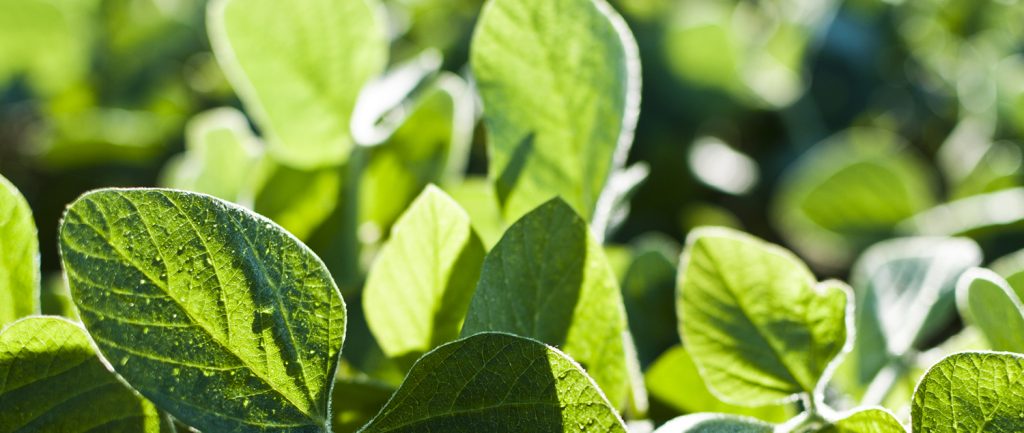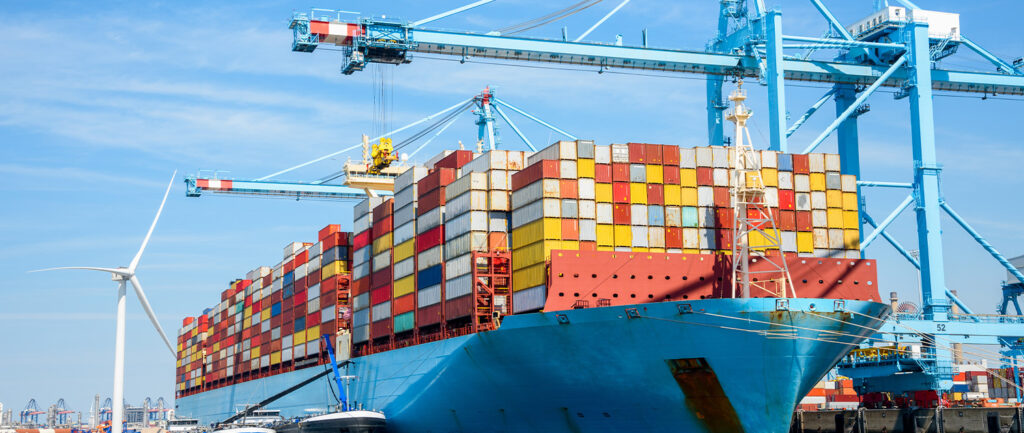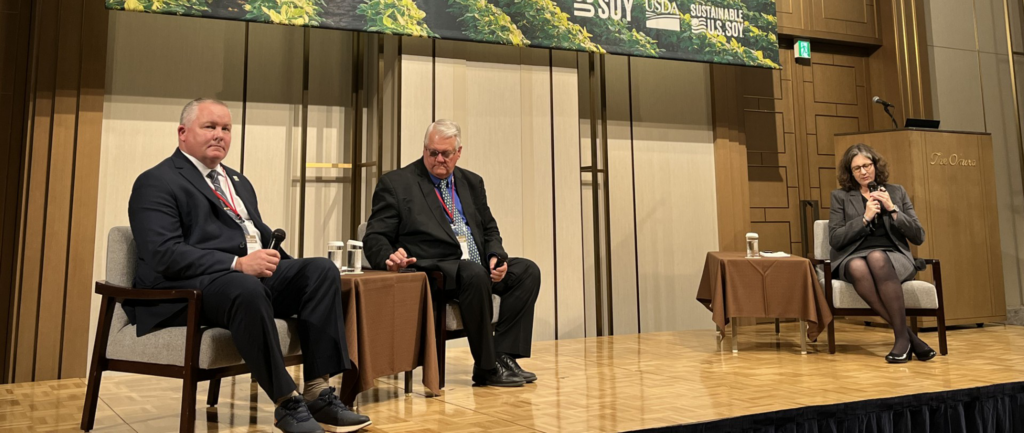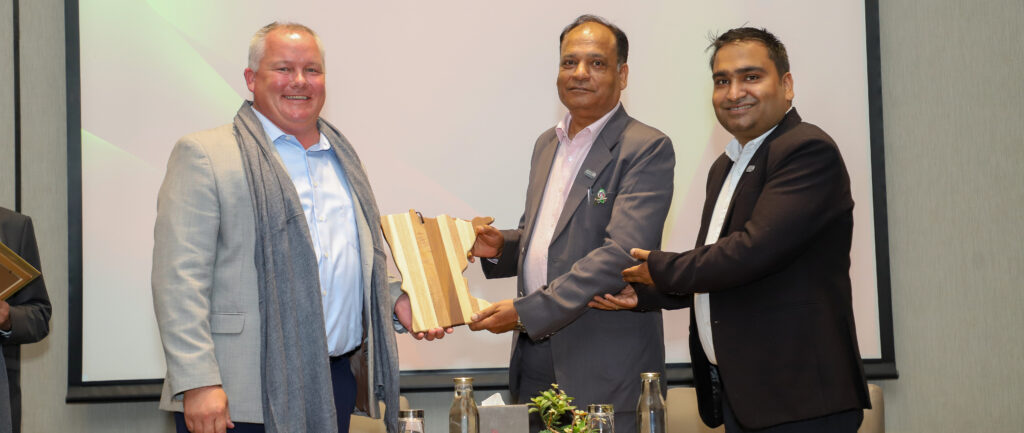Soybean markets are growing and diversifying across the globe. One market that is emerging quickly is Saudi Arabia. In February 2025, Tom Frisch, chair of the Minnesota Soybean Research & Promotion Council, joined a delegation that visited Saudi Arabia and Turkey to promote Sustainable U.S. Soy.
“We’re there to show them the sustainability of U.S. Soy, but the return on investment with a better essential meal as a package,” said Frisch, who also represents Minnesota on the United Soybean Board.
Saudi Arabia has recently opened the country up to tourism and is looking to increase its population. The country’s population is currently 35 million people and looking to expand to 50 million by 2030. Because of this population boost, they will need a production boost as well.
Frisch sees potential in Saudi Arabia, a country that has collaborated with the U.S. Soybean Export Council since the late 1980s.
“It’s an aggressive goal,” said Frisch. “They want to become a tourist destination and a business destination, so they’ll need more animals to keep the population. We think it’s a good opportunity; a big opportunity.”
During the visit, representatives from the U.S. Soybean Export Council (USSEC) met with producers, buyers, feed mill operators and other entities along the production chain. Saudi Arabia is a large producer of poultry and supports a state-of-the-art crushing facility.
“There is a lot of good opportunity for growth,” Frisch said. “It’s clear they’re investing in growth. Everywhere you go, there are cranes constructing something.”
Turkey is the second largest aquaculture-producing nation in the Middle East, and both countries use soymeal for feed. In 2024, Turkey imported 1.1 million metric tons of soymeal and consumed 3 million MT.
“At the end of the day, they’re all very interested in the better package, the better return on investment of importing from the U.S.,” Frisch said.
Since consumers are paying more attention to labels, it is becoming important to obtain certain certifications, including Sustainable U.S. Soy and the U.S. Identity Preserved mark.







